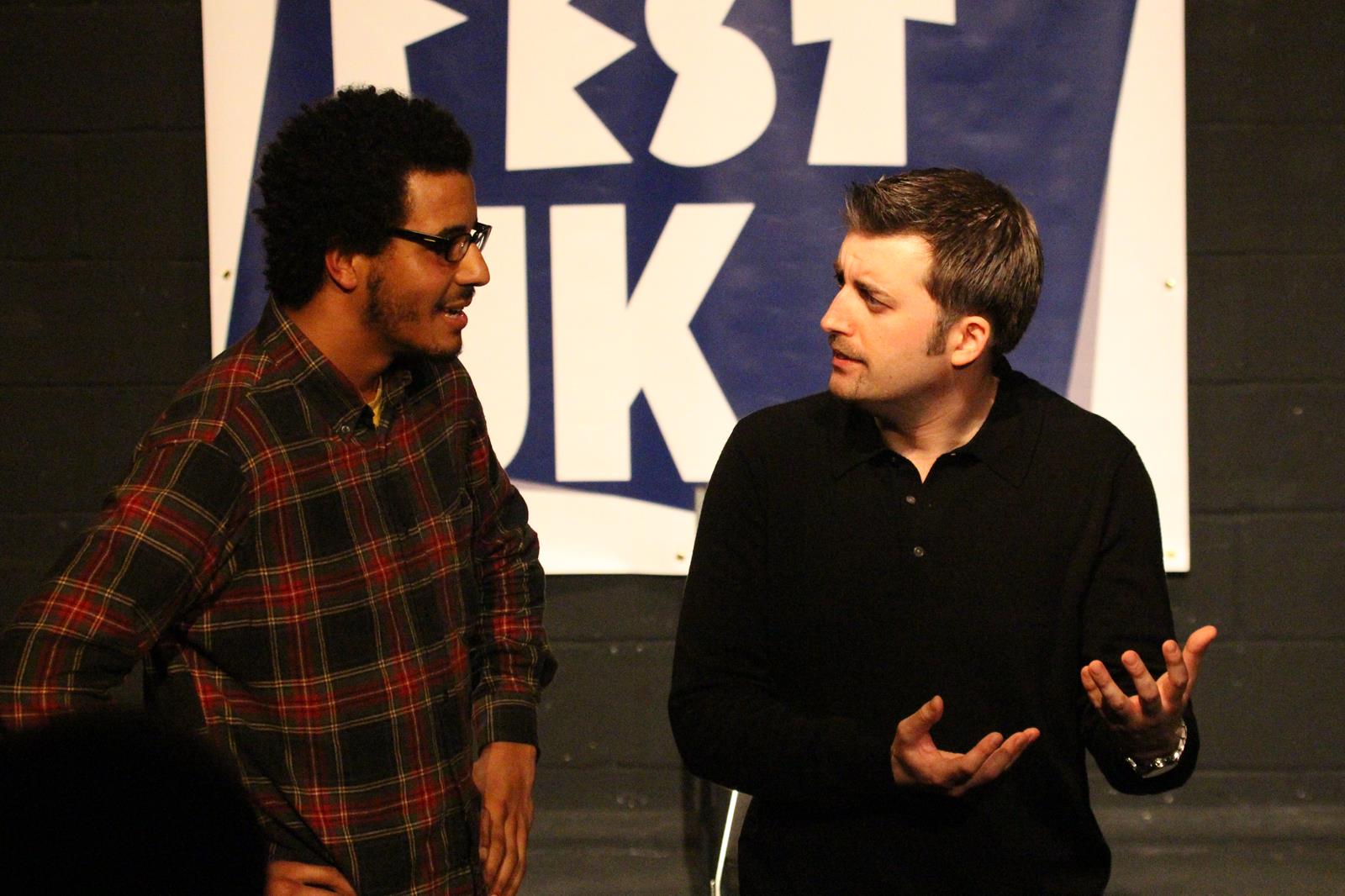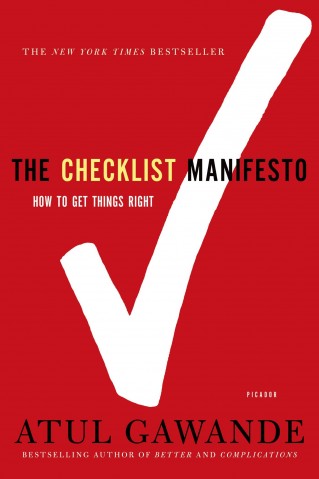“A ship is safe in harbor, but that’s not what ships are for.” ― William G.T. Shedd
How much uncertainty can you live with? A lot, at least I thought so until I started a new course in improvisation. Improv is a bit like acting without a script. Scary? Here’s how this new experience helped me to lighten up my life.
“Uncertainty is the only certainty there is, and knowing how to live with insecurity is the only security.” – J. A. Paulos
Before the improv course, precaution was my modus operandi. I was prepared, over-prepared and hyper-prepared for anything and everything. Like many other people, over-preparation was my way of coping with the uncertainty of life. I learned that careful preparation improved my performance and outcomes. This improvement, however, had limits and I couldn’t do better regardless of how much time I spent with preparation.
“Life is what happens to you while you’re busy making other plans” – J Lennon
 |
| Figure 1 Neil Curran (R) photo credit: lowerthetone.com |
The Improv course with NeilCurran re-defined perfection for me. Over-preparation can often lead to a stilted impression. As if the spirit of doing things evaporated the moment you get in front of your audience, committee, boss or panel – you replace the addressee. Furthermore, you can only prepare for things you can foresee. But there are always unforeseen events. Improvisation helps you react to those challenges. Like any other art, it gives you the freedom of being here and now and reacting to whatever comes your way. It’s a way of being. An other paradigm. Some critics may say improvisation is lousiness, lack of knowledge or skill, neglect or laziness – something that should be avoided. The opposite is truth; improv skills allow you to respond when you run out of your prepared responses – to transcend yourself.
Improv and medical profession
The role of improv in medical profession is bigger than you might think. Although there are strict procedures and guidelines for most medical procedures, there’s still a lot that we don’t know and therefore – cannot regulate. Clinical intuition is invaluable in unregulated or over-regulated situations. Similar to improv, intuiting is reacting to the situation based on previous knowledge, experience and trust in the process. Atul Gawande, in his book The Checklist Manifesto, advocates using checklist to make sure the basics are done. This creates room for clinical wisdom and intuition to deal with unforeseen events. Instead of making rigid orders to doctors and thereby stripping their responsibility and clinical judgment away, the Checklist helps people make sure they do the basic and essential things, leaving enough space for intuition and … you’ve guessed it – for improvisation.
